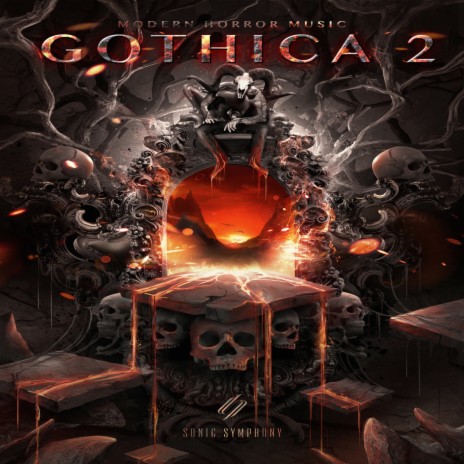

In 1973, while studying and adquainting himself with synths at Hampshire College in Amherst - an experimental liberal arts university known for its electronic music studio which, back then, had more toys than any pro facility - he began DJ'ing, using a mixer and two turntables to play a selection of early disco records. At the same time, he also enjoyed the Jackson 5 and the Philadelphia soul productions of Kenny Gamble and Leon Huff. You know, I didn't laugh at it, because I was all about finding out what was happening on the streets." Rock To RapĪ native of Boston, Baker grew up as a fan of mainstream rock by anyone from David Bowie and the Allman Brothers to Led Zeppelin and the Rolling Stones. Joe Bataan had told me about them, and he was like, 'Man, someone's gonna make a million dollars on this.' I, myself, certainly thought it was interesting stuff.

People were just rhyming over breaks The first time I heard rappers was up in the Bronx, where people were in the park, talking over records. There was no segregation between disco, funk and rap. "It was basically just rapping over beats, and most of the beats that people used were either from disco tracks or funk tracks. "Back then, there was no such thing as hip–hop," says Arthur Baker. His entry onto the recording scene was as the producer of the Soulsonic Force's 'Zulu Nation Throwdown', and following several more production credits, utilising other groups such as the Cosmic Force and Jazzy 5, Bambaataa was then signed to Tommy Boy Records in early 1982 and debuted as an artist in his own right with the single 'Jazzy Sensation'. The Dawn Of Hip–hopĪ seminal figure on the New York breakdancing scene, Afrika Bambaataa had been a founding member of Bronx street gang the Savage Seven (later the Black Spades) before a life–changing trip to Africa encouraged him to form Zulu Nation and offer kids a streetwise form of music as an alternative to gang life. Inspired by the sounds of German electro–pop outfit Kraftwerk, Bambaataa and Baker recruited the services of Robie to help them take their music in a new direction, and on 'Planet Rock' they achieved this with the assistance of a couple of Kraftwerk numbers: 'Trans–Europe Express', from which they borrowed the melody, and 'Numbers', whose rhythm track they re–recorded. Three men were mainly responsible for breaking this new ground: Afrika Bambaataa, the pioneering South Bronx DJ who helped establish hip–hop during the early '80s with his Soulsonic Force ensemble producer and dancefloor doyen Arthur Baker and keyboard player John Robie. That, within the historical context of popular music, was what the 1982 single 'Planet Rock' was all about, transforming rap by blending breakbeats, a vocoder and one of the first Fairlight synths in America, to create computerised, futuristic, robotic funk that paved the way for dance, trance, techno and house, whilst also being the first hip–hop/R&B track to utilise a Roland TR808 drum machine. Photo: David Corio/RedfernsMan and machine, transporting rap to electro.

For mixing Kraftwerk's synthetic beats and simple melodies with New York rap, 'Planet Rock' can be credited with creating an entirely new genre: hip-hop.


 0 kommentar(er)
0 kommentar(er)
